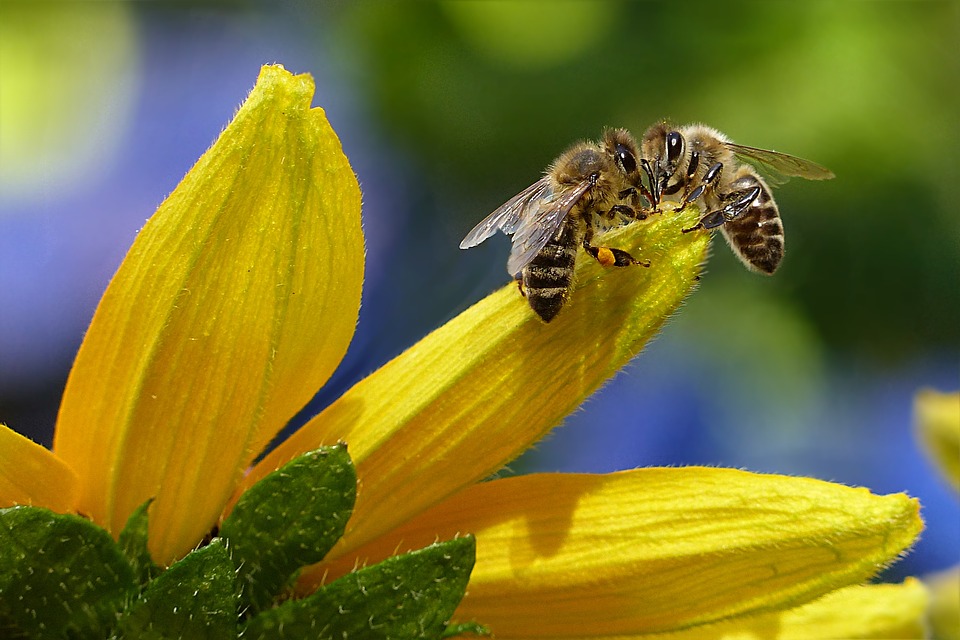The larger an area, the more species of wild bees are needed to pollinate crops, a Rutgers University study shows.
The findings published in the journal Science.
Many controlled ecological experiments have shown increased pollination results from having more species, but the Rutgers-led study is one of the first to confirm that increase in nature. The researchers observed, collected and identified more than 100 species of wild bees pollinating crop flowers on 48 farms in New Jersey and Pennsylvania over several years. More than half (55) of these species were needed for pollination at one or more farms in one or more years.
Pollination is an "ecosystem service" one of the life-sustaining benefits, like clean air and water, we receive from nature.
Results confirm the importance of biodiversity in keeping the planet habitable for human beings, at least if our findings apply to other ecosystem functions as well.
Scientists estimate that wild pollinators provide as much as half the crop pollination that occurs worldwide. At a time when domestic honeybees in North America are beset with colony collapse and other problems, the role of wild pollinators becomes even more important.
